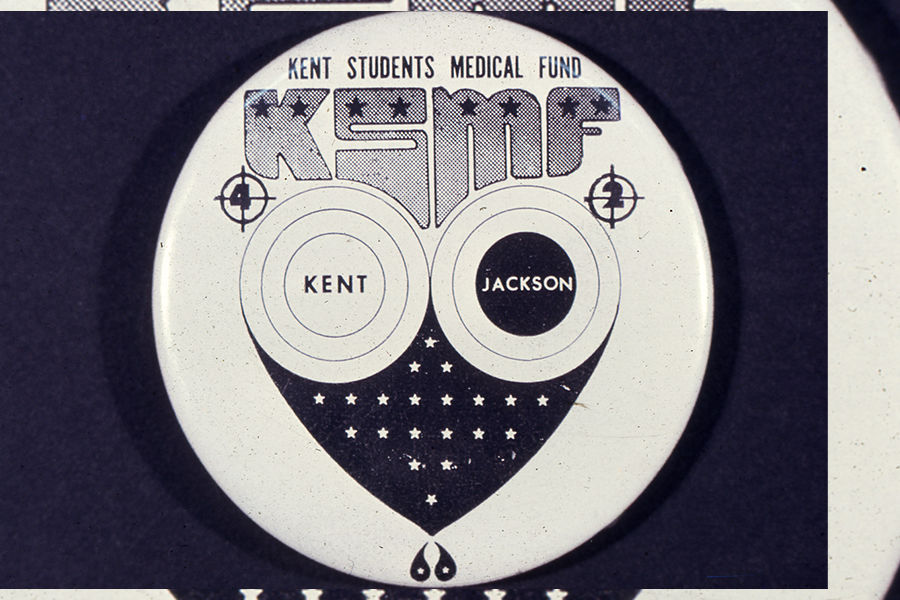May 4

Members of the şÚÁĎłÔąĎÍř community and people around the world will gather virtually for the 51st Commemoration of May 4, 1970, the day the Ohio National Guard fired on şÚÁĎłÔąĎÍř students during an anti-war protest, killing four students and wounding nine other students.

For 50 years, Alan Canfora was a tireless advocate for the four students killed and nine wounded on May 4, 1970.

Movie's screening to be followed by a virtual panel discussion about the impact and lessons of May 4, 1970.

In keeping with the commitment to honor and remember the events of May 4, 1970, şÚÁĎłÔąĎÍř will hold a virtual May 4 51st Commemoration this year. The virtual commemoration will feature a video premiering at noon on Tuesday, May 4, that focuses on the nine wounded students: Alan Canfora, John Cleary, Thomas Grace, Dean Kahler, Joseph Lewis, Donald Mackenzie, James Russell, Robert Stamps and Douglas Wrentmore.

şÚÁĎłÔąĎÍř invites educators of students in grades 6-12 to apply by March 1 for its 2021 Landmarks of American History and Culture workshop, “Making Meaning of May 4: The 1970 şÚÁĎłÔąĎÍř Shootings in U.S. History,” which has been made possible in part by a major grant from the National Endowment for the Humanities: Democracy demands wisdom.

Donations will benefit students in şÚÁĎłÔąĎÍř's Library Science program.

Donations will benefit students in şÚÁĎłÔąĎÍř's Library Science program.

Canfora was one of nine students wounded by Ohio National Guard soldiers during a peaceful protest.

Beginning Friday, May, visitors to the will be able to view a variety of special videos, online exhibits and interactive tours, all designed to honor and remember Allison Krause, Jeffrey Miller, Sandra Scheuer and William Schroeder, the şÚÁĎłÔąĎÍř students who lost their lives 50 years ago on the şÚÁĎłÔąĎÍř campus.

“I had always been making art and music but the events of May 4th and beyond galvanized my creativity, infusing it with an existential anger and urgency that would otherwise not have happened. In short Devo and the idea of De-evolution as a manifesto would not exist without that defining historic trauma I experienced.” - Jerry Casale